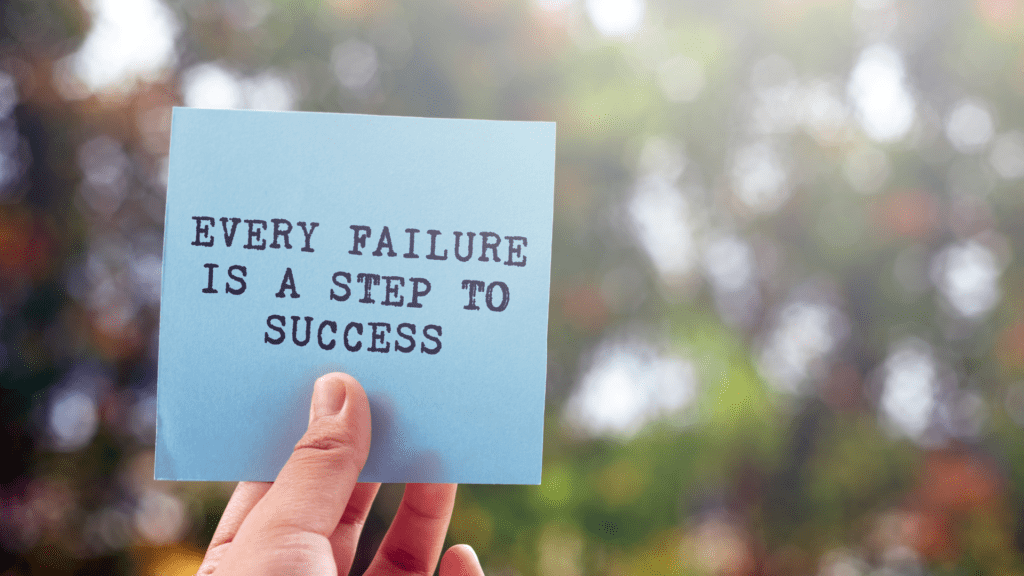
I was always at the top of my class.
Getting good grades in school was expected because my parents knew that I was capable. I remember hearing that other kids received payments for “A’s,” and I brought this idea to my parents, but they weren’t interested. The grade mattered less than doing your best. That was the expectation.
Sitting in the Small Business Development Center, across from my first business coach, he asked what my close rate was. I wasn’t as business savvy then. I had to ask for the explanation, “How many people decide to work with you once they learn about your service?”
“Oh, that’s easy, almost all of them,” I responded.
I could see the look of skepticism. And asked, “That’s not unusual, right?”
Wrong. It was very unusual.
The discussion continued on goals and my success at reaching them. I stated matter-of-factly, “I achieve ALL of my goals. After all, I teach people how to set goals. I should be able to do it myself, right?”
It wasn’t long after that that I began reaching beyond the familiar. I started moving into areas that stretched my imagination and success rate.
My close rate dropped.
And so did my goal achievement.
What I didn’t know then – or didn’t have the term for – was that I was a “High Achiever.”
One night when the early Sappari Solutions, LLC team was enjoying dinner together, we went around the table and shared one word that described the person next to us. My good friend’s husband said, “Achiever.” That was me! I accepted it and embraced it. I felt “seen.”
And then, the night that I was admitted to the hospital at 31 years old for chest pains, he adjusted my title to “Overachiever.”
And I’m not the only one.
There are others out there like me.
Maybe you are an overachiever, too.
We have a tendency to surround ourselves with people who think like us.
But is being an overachiever all it’s cracked up to be?
VeryWellMind shared this about overachievers:
“Overachievers tend to believe that the only thing that matters is reaching the outcome. They judge themselves by this standard and they also believe that others judge them in the same way.
Failure is not just part of the process for an overachiever—it is how they measure their worthiness. Poor outcomes can be devastating, so an overachiever will go to any ends to avoid such failings.
When they do reach a goal, an overachiever is more likely to experience feelings of relief that they were able to avoid failing. Rather than feeling pride or joy in their accomplishment, they are simply relieved that they have not failed.”
And throughout high school and college, we experienced very few – if any – failures. We knew the steps we needed to take to achieve good grades and get that diploma – often with honors.
Then, as we stepped into our professional careers – often in the corporate world – we knew the steps we needed to advance and move up the ladder. And we did it.
So, of course, when we made the transition to becoming a business owner, we thought that we were unstoppable. We’d done it before. Followed the steps. Success occurred. Failure was not an option.
Yet maybe you experienced missteps along the way that were costly.
Perhaps success took longer than you thought it would.
Or you experienced failure.
Because when you are the leader/owner of a business, there are no set rules or books that are going to show you the one and only route to achieve success.
The path meanders.
There will be roadblocks.
Some routes will take longer than others.
You’ll reach dead ends.
Failure will occur.
And while your brain is saying, “Failure is not an option,” – you should be saying, “Failure doesn’t define me.”
Because truly, failure is a learning opportunity – if you just take the time to look at it as such.
Please comment below. I would love to hear from you.














No comments yet.